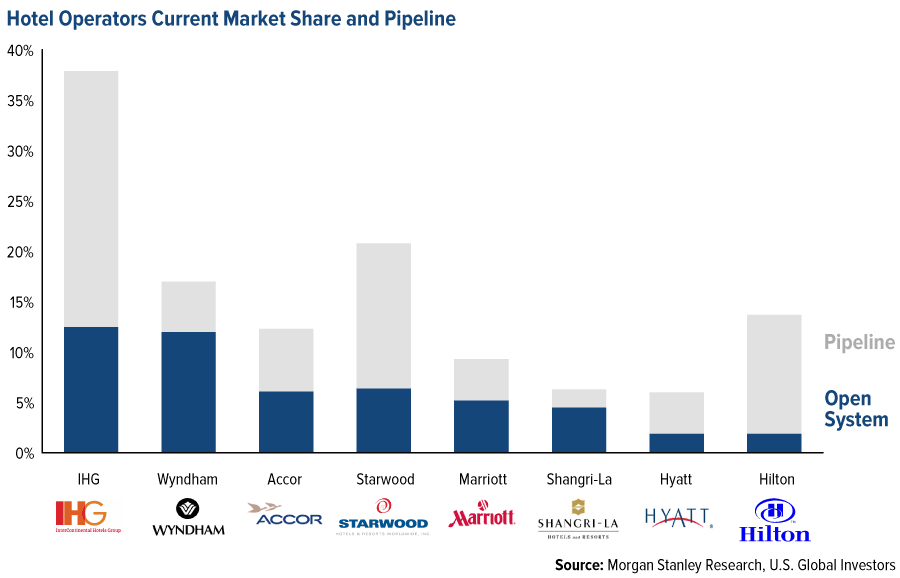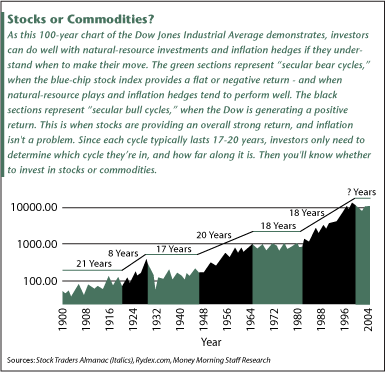The Commodity Investor CommodityRich Brazil Offers Investors Many Ways To Profit
Post on: 13 Июнь, 2015 No Comment

The Commodity Investor: Commodity-Rich Brazil Offers Investors Many Ways To Profit
Details
Page 1 of 2
Growing Latin American powerhouse can be played through ETFS and ADRs.
It is hard to find another country that is as dominant in as many commodities as Brazil.
The country is endowed with massive natural resources that span the energy, mining and agribusiness industries. Brazil currently sits on an estimated 12 billion barrels of oil and holds the second-largest reserves in Latin America, right behind Venezuela.
However, that might change if estimates of pre-salt reserves (oil located in deep offshore fields) are developed, in which case the country might catapult to the top ranks of oil reserves, putting Brazil in the same league as its Middle Eastern counterparts.
The country is also a major player in agricultural commodities. Almost one-third of all global coffee production takes place in Brazil, making it by far the largest producer and exporter of coffee in the world. It is also the biggest producer of sugarcane, and accounts for almost half of all global sugarcane exports. As far as beef is concerned, while Brazil isn’t the biggest producer of beef products (that title belongs to the United States), it is nevertheless the biggest exporter, making it a major player in the protein space. Brazil is also one of the dominant exporters of poultry, soybeans and corn.
Throw in a large population of almost 200 million along with high single-digit GDP growth rates and large expected infrastructure expenditures, and it becomes increasingly hard for commodity investors to ignore this Latin American country.
Brazilian ETFs
For the uninitiated emerging-market investor, perhaps the easiest way to get exposure to emerging-market countries in general, and Brazil in particular, is through ETFs.

Investors have several ETF options to gain exposure to Brazil. For broad-based market exposure, investors should take a look at the iShares MSCI Brazil Index ETF (NYSEArca: EWZ). which tracks some of the largest companies on the Brazilian BOVESPA exchange and is heavily weighted toward commodities, especially Petrobras (oil) and Vale (iron).
It’s important to note that while the underlying Brazilian economy is performing strongly, the broader market index hasn’t done as well. Several factors come into play here to explain this divergence, including volatile global equity markets and international exposure of some of the big components of the Brazilian index. So how do you position your trade?
Fortunately, if you’re bullish on the Brazilian economy but bearish on Brazilian stocks, you have an ETF to help you express that opinion: ProShares Ultrashort MSCI Brazil (NYSEArca: BZQ). BZQ seeks to replicate the inverse daily performance of the MSCI Brazil index, meaning that if you’re bearish on the Brazilian stock market, you can benefit by going long BZQ, which has performed well this year, returning 36 percent year-to-date. These two ETFs — EWZ and BZQ — offer you the opportunity to tactically switch your position based on your view of where the Brazilian market is heading.
Brazilian Equities
In addition to ETFs, you can also invest in Brazilian American depository receipts — shares of Brazilian companies traded on the U.S. exchanges. Brazilian ADRs allow you to be more precise with your approach and help you target specific companies in specific industries. One of the most prominent Brazilian ADRs is Vale (NYSE: VALE). Vale is the third-largest mining company in the world, with a market cap in excess of $120 billion and operations in 24 countries.
While Vale is best known for its iron ore products, it is also a major player in nickel, aluminum, coal and fertilizers. With a net-profit margin of almost 40 percent (among the highest within the large-cap mining universe), it is an extremely well-managed company. The share price hasn’t performed well this year, and suffered a big drop during the August market turmoil (indeed, it’s responsible for helping drag the whole index down), but it has such strong growth prospects and such a dominant market position that shares could be in for a rebound.














